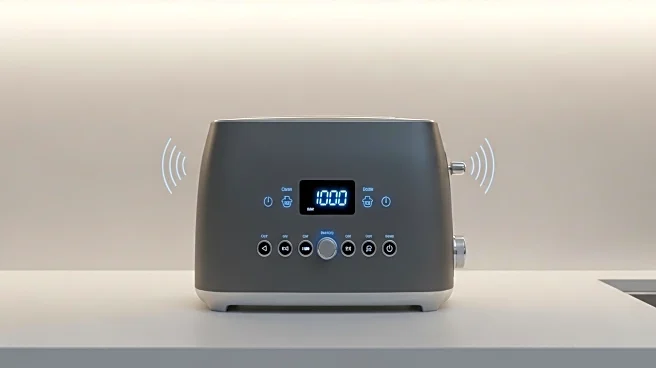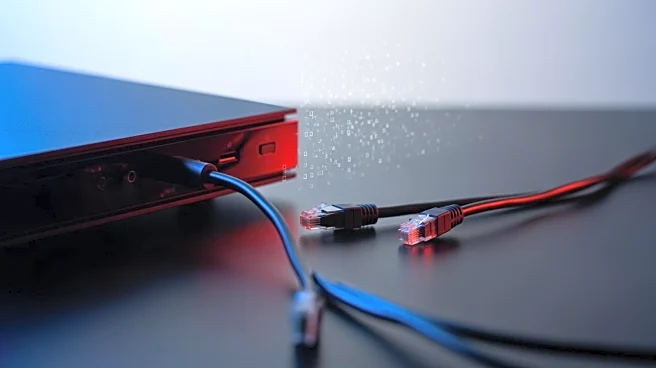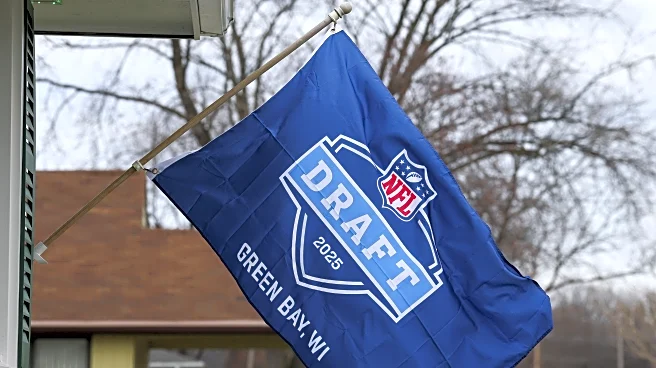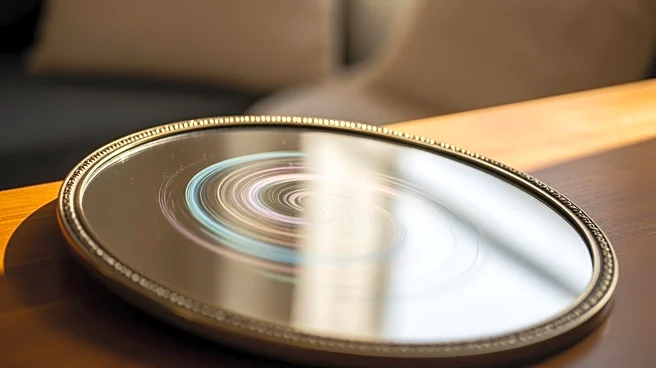What's Happening?
Revolution has introduced the R180 Connect Plus Smart Toaster, a $400 kitchen appliance that integrates smart technology with traditional toasting functions. The toaster features a touchscreen interface offering 38 bread type options and seven levels of doneness. It employs a patented heating technology called InstaGLO, designed to toast bread quickly without drying it out. Despite its advanced features, the toaster's performance varies, with some settings leading to inconsistent results. The device also includes non-essential smart features like weather updates and a digital photo album, raising questions about the necessity of such technology in everyday appliances.
Why It's Important?
The introduction of the R180 Connect Plus Smart Toaster highlights the growing trend of integrating smart technology into household appliances. This development reflects a broader shift towards the 'Internet of Things,' where everyday items are connected to the internet, offering enhanced functionality. However, the high cost of the toaster raises concerns about the accessibility and practicality of such innovations for the average consumer. The product's mixed performance and non-essential features may lead to skepticism about the value of smart appliances, potentially impacting consumer trust and adoption rates in the smart home market.
What's Next?
As smart home technology continues to evolve, manufacturers may need to focus on balancing innovation with practicality and cost-effectiveness. Consumer feedback on products like the R180 Connect Plus Smart Toaster could influence future designs, encouraging companies to prioritize essential features and reliable performance. Additionally, the market may see increased competition as more brands enter the smart appliance space, potentially driving down prices and improving product offerings.
Beyond the Headlines
The rise of smart appliances like the R180 Connect Plus Smart Toaster raises ethical and privacy concerns regarding data collection and usage. While Revolution claims the toaster does not collect user data, the integration of internet connectivity in household devices necessitates transparency and consumer education on data privacy. Furthermore, the cultural implications of such technology suggest a shift in consumer expectations and lifestyle, as convenience and connectivity become increasingly prioritized in daily life.











